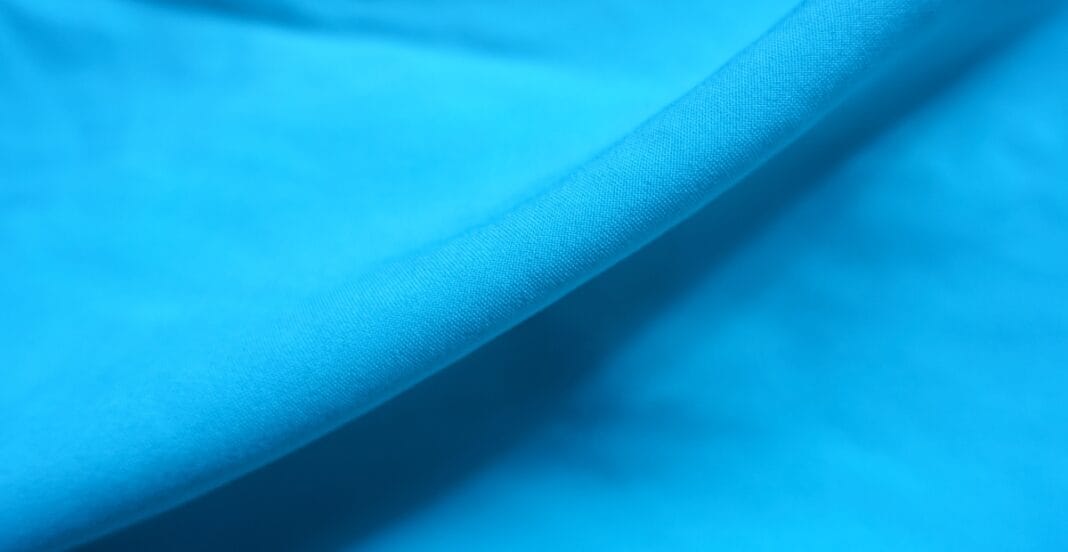Polyester chiffon fabric has gained a loyal following among designers, seamstresses, and shoppers alike because it delivers luxury looks at a practical price. Its whisper-light drape, faint sheen, and gentle hint of texture catch the eye without overpowering other design elements, which is why so many makers reach for it. Constructed by tightly twisting and laying polyester yarns in a simple weave, the cloth becomes sheer yet surprisingly robust. Being inexpensive, machine-washable, and quick to dry, the fabric balances elegance with easy care, cementing its place as a contemporary mainstay in wardrobes and workrooms.
Table of contents
- Understanding What Polyester Chiffon Fabric Is
- The Lightweight Nature of Polyester Chiffon
- Elegance That Speaks for Itself
- Why Affordability Matters in Fashion
- How Polyester Chiffon Fabric Is Manufactured
- Where Polyester Chiffon Is Most Commonly Used
- Why Designers Love Polyester Chiffon Fabric
- Simple Care Tips for Longevity
- The Many Faces of Polyester Chiffon
- Wearing Polyester Chiffon Comfortably
- Perfect for Warm Weather and Summer Styles
- Can You Sew with Polyester Chiffon Fabric?
- Sustainability and Polyester Chiffon
- Polyester Chiffon Fabric vs Silk Chiffon
- The Ideal Fabric for Events and Occasions
- Customizing with Dye
- Layering Made Easy
- How to Handle Common Challenges
- Tips for Storing Chiffon Properly
- What Real Users Say
- Conclusion
- FAQs
Understanding What Polyester Chiffon Fabric Is
At heart, polyester chiffon is a diaphanous textile halfway between transparent and soft enough to feel like a cloud lightly brushing the skin. Craftspeople achieve the airy feel by using a straightforward plain weave, which permits the fabric to stretch slightly while retaining structural integrity. Although the finish resembles silk, the yarns are synthetics, so the price tag and upkeep remain friendly for everyday use. That billowing movement-and-plain honesty makes it a go-to cloth for evening gowns, casual tops, head wraps, and even lightweight curtains.
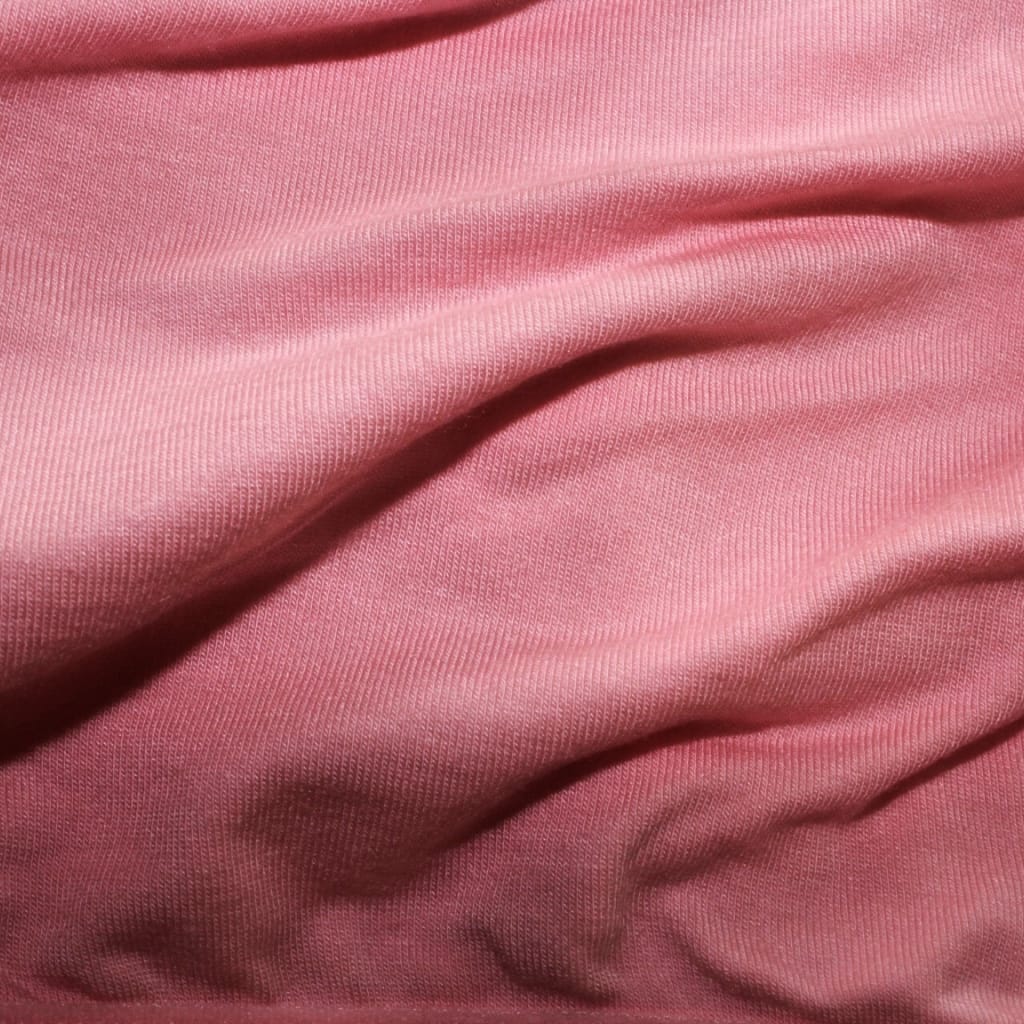
The Lightweight Nature of Polyester Chiffon
Polyester chiffon is prized around the globe largely because it weighs almost nothing. You scarcely notice it resting against your skin. Its translucent weave and fine threads let air move freely. That characteristic makes chiffon a natural partner for warm days. The fabric offers modest coverage yet does not lock in heat. When cut into maxi dresses or sweeping skirts, it drapes with a dreamy lightness, swirling around the wearer and creating an effortless sense of motion.
Elegance That Speaks for Itself
True elegance goes beyond gloss or bright color; it springs from how a material behaves in motion. Chiffon, even in a humble polyester blend, possesses a graceful drape. As a person strides in a chiffon dress, the cloth follows softly, trailing just behind. This gentle ballet of fabric imparts a luxurious, poised look. Under shifting light, the surface glimmers briefly, as if shyly acknowledging the eye. Whether fashioned into grand evening gowns or understated overlays, the allure remains unmistakable. Wearing it makes one appear polished yet utterly at ease.
Why Affordability Matters in Fashion
Not everyone has a budget that can stretch to things like silk, especially when designing a wedding gown or a big stage costume. In those moments, polyester chiffon becomes the go-to option. It mimics silks softness and luster while costing a tiny fraction. And the low price tag doesnt hint at second-rate quality. When you wash and store it as the care label says, polyester chiffon often outlasts many natural fibers. Whats more, it survives gentle cycle time after time without begging for expensive dry cleaning. That blend of upfront savings and long-term durability makes it a truly budget-friendly choice for both makers and wearers.
How Polyester Chiffon Fabric Is Manufactured
The journey begins with small pellets of synthetic polymer, which engineers heat until they melt into clear syrup. That syrup gets extruded through microscopic holes and cooled to form the fine threads we know as filament yarn. The newly formed strands are then lightly twisted, wound onto bobbins, and woven with a simple plain weave. This straightforward mesh gives polyester chiffon its signature translucence and the slight texture modern seamstresses recognize. Thanks to robotic looms and computerized dye machines, the whole operation is quick, repeatable, and easy to scale. Add reliable raw-material supply chains, and manufacturers can offer a rainbow of colors at prices that stay low.
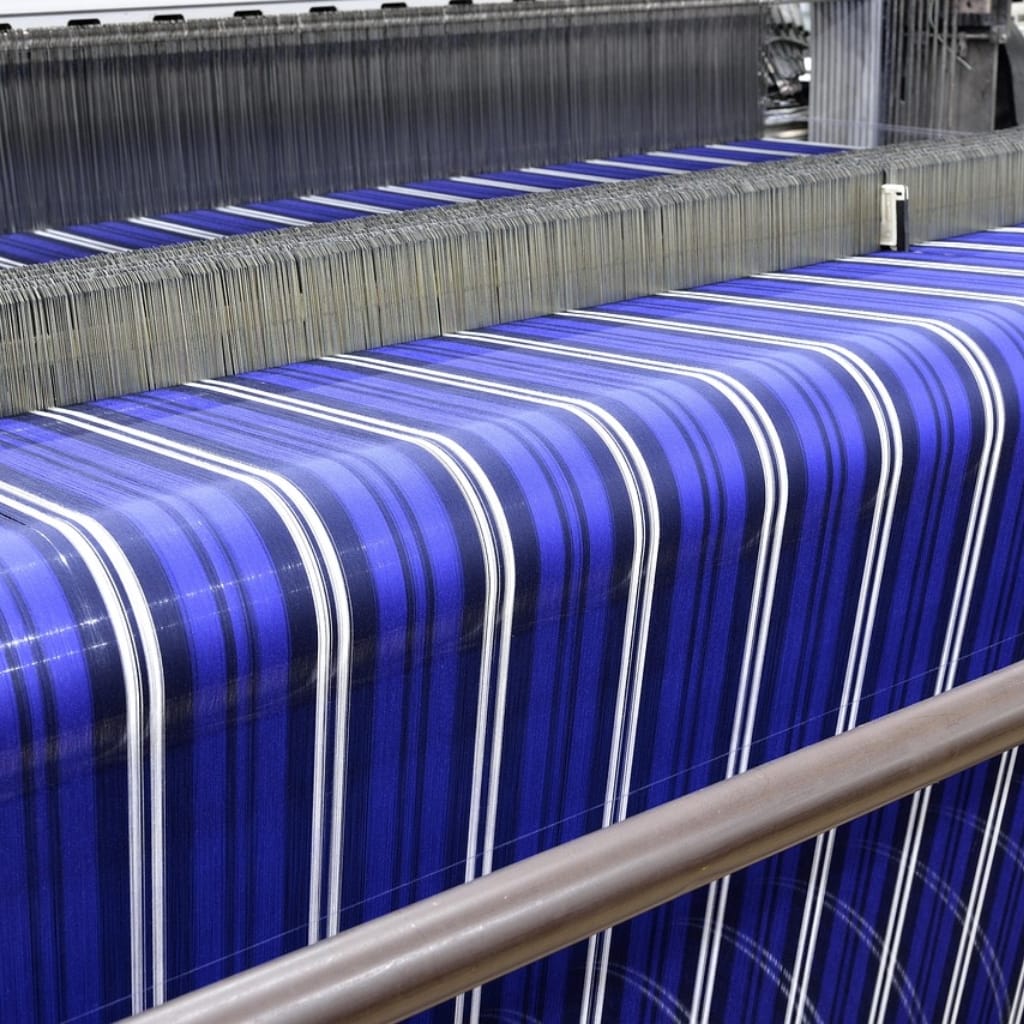
Where Polyester Chiffon Is Most Commonly Used
Polyester chiffon finds itself in a wide range of appealing applications. In the world of clothing, it appears in bridal gowns, prom dresses, and evening gowns, lending each piece a delicate float. Designers also cut it into blouses, tunics, and flared skirts that move with the wearer. Because the fabric drapes lightly, it suits dance costumes and theatrical costumes that must shimmer under bright lights. Beyond apparel, polyester chiffon shows up in window curtains, party canopies, and decorative accents, softly diffusing sunlight and adding romance to any room. Across disciplines, its versatility remains undimmed and its charm intact.
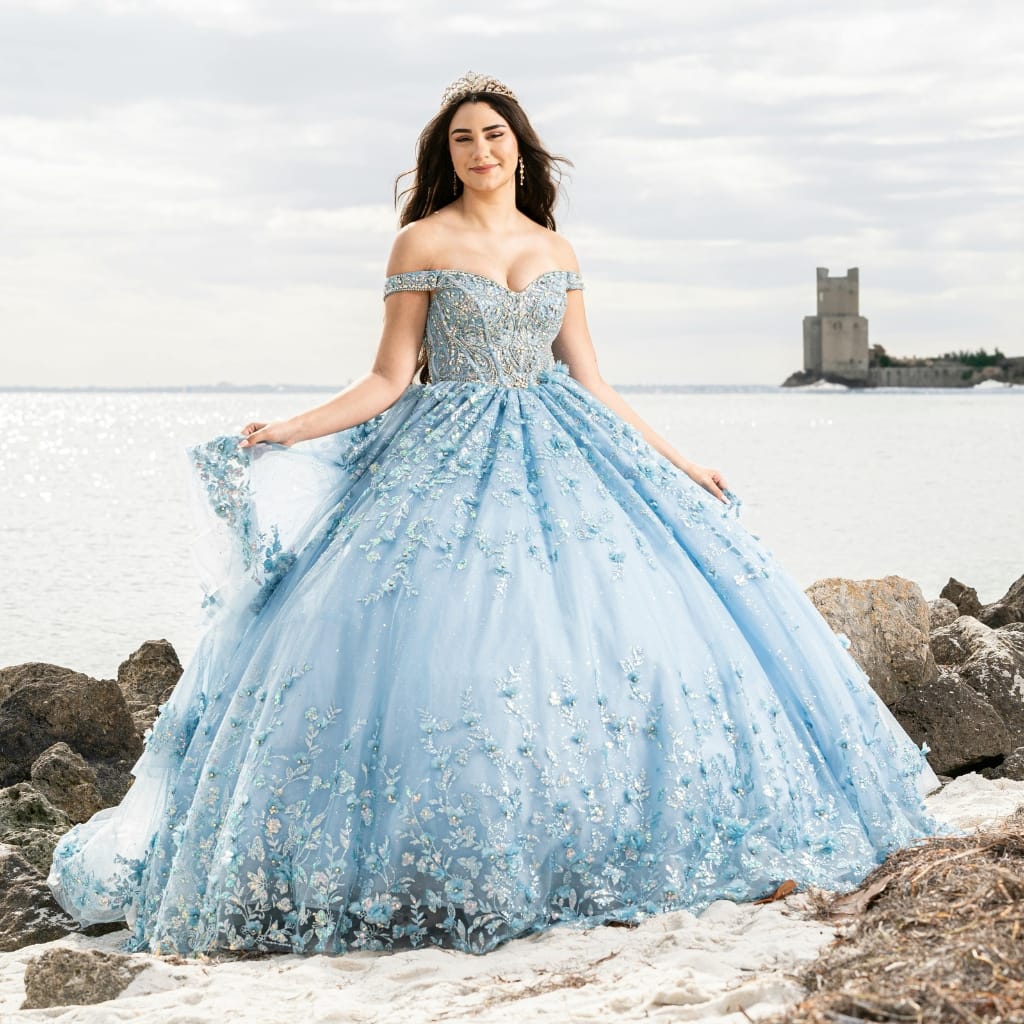
Why Designers Love Polyester Chiffon Fabric
Designers endlessly seek textiles that marry appearance with ease of use. Polyester chiffon answers the call by looking stunning while behaving consistently during cutting and sewing. The fabric falls in soft layers and catches light at every angle, making it ideal for editorial or runway collections. It absorbs dye evenly, allowing bold colors or muted pastels to emerge with equal vibrancy. Thanks to that forgiving construction, it partners well with a wide range of silhouettes-from structured dresses to loose, airy kaftans. Whether the goal is everyday casual or chandelier-lit formality, fashion houses trust polyester chiffon to realize their ideas without fuss.
Simple Care Tips for Longevity
Keeping polyester chiffon in good shape is really straightforward, and that ease explains much of its popularity. You can simply wash the fabric in cold water on the machines gentlest cycle or give it a quick hand wash. To dry, lay the piece flat or hang it in the shade; doing either keeps the material from stretching and losing its drape. If a quick press is needed, use the irons lowest heat and place a thin cloth on the fabric to protect it. Steer clear of bleach and other strong chemicals. With that simple routine, the fabric stays soft, retains its shape, and serves you well for years.
The Many Faces of Polyester Chiffon
Contrary to what some may think, polyester chiffon is not a one-note cloth. Designers offer polished solid shades for clean, minimal presentations alongside lively prints filled with flowers, abstract shapes, or painterly motifs. Crinkled versions bring a carefree, textured attitude often sought after in bohemian styles. For evening wear, some collections weave in fine metallic strands that catch the light and add carefree glamour. Such variety ensures the fabric fits a range of tastes and projects, from everyday blouses to special-event gowns.
Wearing Polyester Chiffon Comfortably
Youll be pleased to learn that polyester chiffon sits softly against the skin. Although the cloth is quite sheer, it neither clings nor pinches. It layers beautifully, and a well-chosen lining turns it into perfect fabric for dresses or blouses. Even people with sensitive skin can wear it for hours without irritation. Rarely do looks and comfort meet so happily, and at such a modest price.
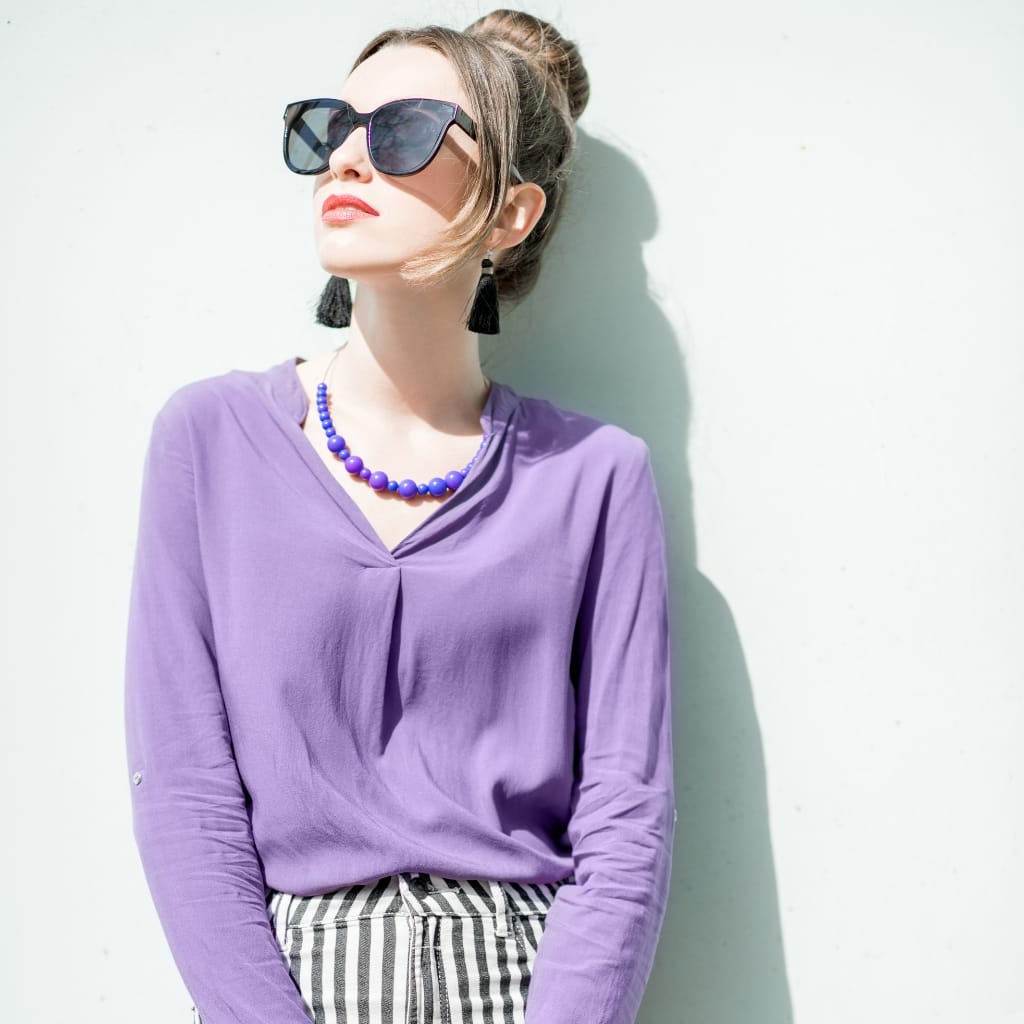
Perfect for Warm Weather and Summer Styles
Chiffon is the first fabric many reach for when temperatures rise. Polyester chiffon is especially helpful, as it welcomes air circulation and dries quickly when you sweat. Because it doesnt trap heat, the cloth has become a staple for summer dresses, pool and beach cover-ups. It offers that airy, seaside feeling even in the city. When layered, the fabric remains so light that extra weight or bulk never appears. Its no wonder designers include the material in resort and holiday lines.
Can You Sew with Polyester Chiffon Fabric?
Yes, you can sew with polyester chiffon. Although the process demands a little extra patience, the fabric is manageable for most home sewists. Start with a fine needle, lightweight thread, and a steady hand, and you will soon turn out lovely garments. Just be careful not to tug on the edges, or the material may stretch or pucker. Many beginners also find that placing a thin stabilizer under the fabric keeps everything moving smoothly. With practice, cutting and stitching become second nature, allowing you to create flowing dresses, skirts, or even lightweight home accents.
Sustainability and Polyester Chiffon
Regular polyester chiffon does not break down in soil or water, so it raises valid questions for eco-minded makers. The good news is that a growing number of brands now offer recycled-polyester chiffon made from discarded plastic bottles. Choosing this version cuts landfill waste and lowers the demand for virgin materials, giving your project a lighter environmental footprint. If you appreciate the fabrics performance but worry about sustainability, simply seek out these recycled rolls on the shelf. You will enjoy the same drape and durability while supporting a circular economy, making each stitch a little kinder to the planet.
Polyester Chiffon Fabric vs Silk Chiffon
Silk chiffon exudes natural luxury; its fibers are gentle, smooth, and prized by designers. Polyester chiffon, by contrast, is a hardier substitute that better suits everyday use. Because it can go through a washing machine, shrinks minimally, and resists most wrinkles, it survives frequent handling. While its hand may not quite equal silks, it feels soft enough for most applications. The synthetic cloth also shares the same bright luster and near-transparent quality with only the trained eye able to tell the difference. For customers seeking beauty without constant fuss, polyester chiffon delivers on cost, longevity, and straightforward upkeep.
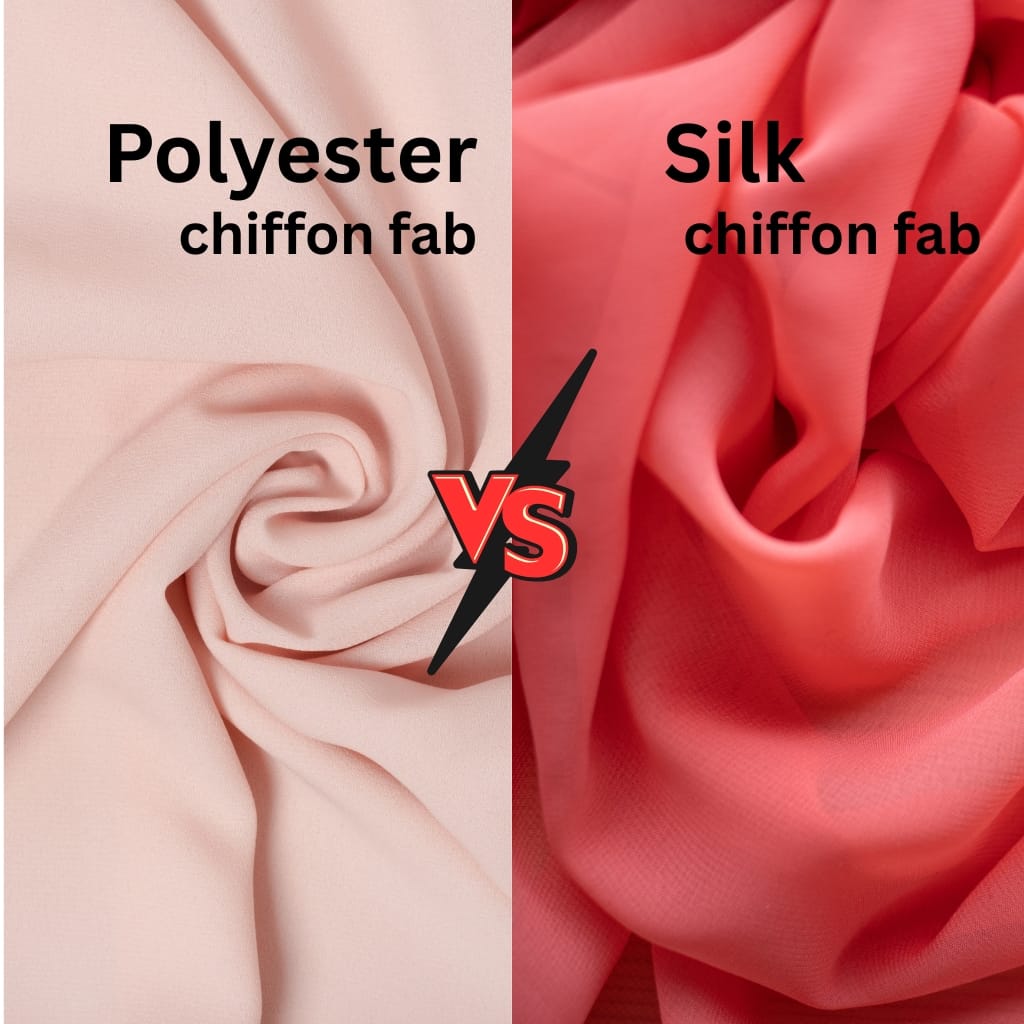
The Ideal Fabric for Events and Occasions
When an event must look polished yet feel hassle-free, polyester chiffon fabric becomes the planners go-to. It adapts readily to table runners, chair sashes, streamers, curtains, and photobooth drapes without extra tailoring. The lightweight fall of the material catches light softly, transforming simple banquet halls into romantic, ethereal settings. From weddings to birthday parties or formal luncheons, using this cloth allows hosts to embellish lavishly without breaking the budget. That dependable balance of elegance and economy explains why many event professionals keep a stockpile of chiffon in every hue.
Customizing with Dye
While polyester chiffon takes dye, it needs products made for synthetics. Once the right dye sets, the fabric accepts color evenly and retains it through washing and wearing. If you tint at home, follow the manufacturers directions closely and use a heat source-steam press or dryer-to fix the shade. Always test on a small scrap first. Hand-dyeing thus opens fresh options to match textiles precisely with your projects color scheme or mood.
Layering Made Easy
Chiffons light, sheer drape makes layering simple and effective. A stack of panels adds depth and movement without the heavy feel of thicker cloth. Designers frequently pile several layers into gowns, sleeves, or veils. Each piece flows independently, creating a dynamic silhouette that catches the eye. Such versatility explains why fashion houses rely on polyester chiffon for looks that are stylish, practical, and quick to construct.
How to Handle Common Challenges
Although polyester chiffon is a versatile cloth, it presents a few quirks. The cut edges tend to unravel, so finishing seams with zigzag stitching or a serger is wise. Static cling can build up, especially in dry air. Spritzing a little anti-static spray, or rubbing the wrong side with a used dryer sheet, offers a quick fix. If the fabric puckers while sewing, sliding stabilizer paper underneath lets you sew a smoother line.
Tips for Storing Chiffon Properly
Roll polyester chiffon loosely instead of folding it; that keeps sharp creases at bay. Store the roll out of direct sunlight, because prolonged UV exposure can fade color. Place the rolled fabric inside a breathable cotton bag, not plastic, so air can circulate. Following these simple steps helps preserve the cloths texture and appearance for months-or even years.
What Real Users Say
Reviewers routinely celebrate polyester chiffons quality and cost-effectiveness. Brides use it for flowing wedding drapes, while small-business sewists turn it into scarves, blouses, and dresses. Both groups agree the fabric looks upscale yet remains wallet-friendly. Many users commend its ease of laundering and forgiving nature at the sewing machine, making them quick to recommend it.
Conclusion
Polyester chiffon earns its reputation. The cloth is genuinely light, imparting an effortless grace, and it comes at a price most budgets can accommodate. Few textiles blend practicality, movement, and visual interest quite like it. Whether you sew for yourself, design commercially, craft at home, or orchestrate events, this fabric offers versatility, style, and economy rolled into one. Opt for polyester chiffon on your next project, and the result is sure to please.
FAQs
Yes, it’s slightly sheer. You may need a lining.
Yes, but it’s best for older kids or layered looks.
No, polyester doesn’t shrink like cotton.

